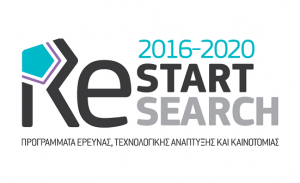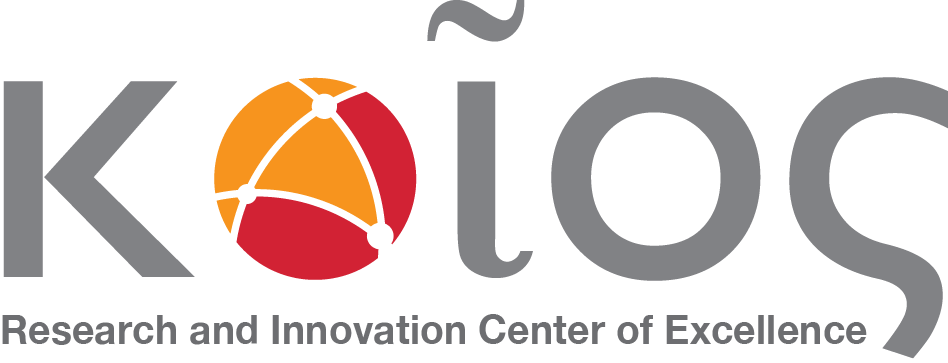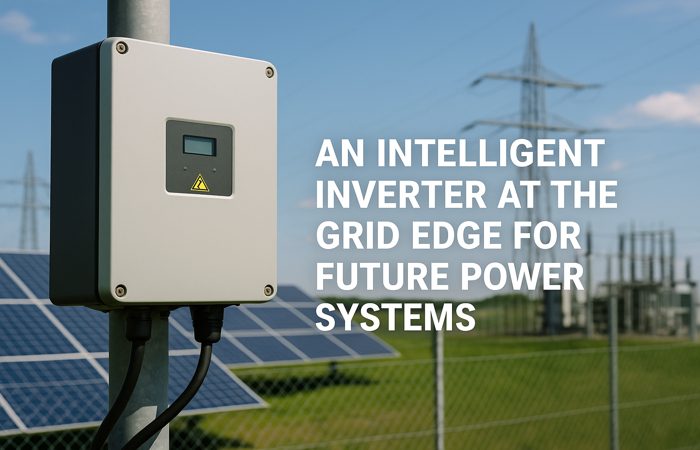The INVERGE research project (An intelligent INVERter at the grid edGE for future power systems), concluded successfully in April 2025, by developing novel methodologies and solutions to support the transition to sustainable, resilient, intelligent power systems.
The decarbonization of the energy sector is pivotal to achieving long-term sustainability. As distributed renewable energy resources increase, particularly at the grid edge, distribution networks face growing operational complexities. These challenges are exacerbated by the limitations of the infrastructure at the low-voltage level, where numerous consumers and distributed resources are connected. System operators often lack adequate control capabilities due to insufficient and inflexible actuators, underdeveloped communication networks, and the rising complexity of managing millions of end users.
To address these challenges, INVERGE introduced an inverter-centric approach by transforming traditional inverters into multi-functional, grid-supporting actuators. These intelligent devices are capable of autonomous operation and active grid management, enabling greater flexibility and resilience at the distribution level.
Key outcomes of the project
The project’s research activities and advancements span three main directions. The first direction involves the development of next-generation multi-functional inverters, equipped with control strategies and diagnostic tools to enhance power system stability and reliability. These include a new control strategy to enhance inverter functionalities, including grid-following, grid-forming, and virtual synchronous generator approaches; a novel low-voltage fault ride-through strategy to improve frequency stability in low-inertia grids; mechanisms for phase balancing, reactive power support, and thermal management, all contributing to greater system stability and extended inverter operational lifetime.
The second direction involves the implementation of intelligent management schemes for active distribution grids, enabling enhanced grid reliability, efficiency, stability, and security. These include a fair voltage management framework to ensure an equitable distribution of photovoltaic curtailment among prosumers while maintaining grid stability and a cost-effective peak shaving strategy, optimizing energy storage to alleviate congestion and enhance energy arbitrage.
To facilitate the integration of DERs into electricity markets, a market order pre-qualification framework has been designed to prevent congestion-related constraints, ensuring reliable participation of distributed flexibility resources. Recognizing the importance of cybersecurity in smart grids, an intrusion detection system has also been developed to detect cyber threats in real time, enhancing the resilience of power infrastructure.
The third direction addressed the energy management for DERs and smart buildings, where optimization techniques and digitalization strategies have been explored to improve efficiency, flexibility, and cost-effectiveness. These include a novel energy scheduling framework for energy storage systems, considering degradation-aware optimization to extend battery lifetime and improve economic feasibility; and a hybrid thermal modelling approach to enhance multi-zone building temperature prediction, improving control strategies for heating and cooling systems.
Finally, to support predictive decision-making and energy optimization, a high-fidelity digital twin framework has been designed for smart building, integrating energy consumption, thermal behaviour, and indoor air quality aspects to evaluate control strategies and optimize system operation.
Dissemination of research outcomes
INVERGE’s research work has been disseminated, resulting in five journal publications and seven international conference papers in prestigious venues related to power electronics, energy management, smart grid control, and cybersecurity. Beyond its scientific contributions, INVERGE has successfully laid the groundwork for further technological advancements in newly initiated research projects (e.g. HYNET, OMRES, TwinEU, ePowerMove, OptimRES, ANTS, GridGnosis 6G-versus). The new projects will further expand and validate INVERGE’s methodologies in real-world applications, increasing their functionalities, capabilities and technology readiness level.
The intelligent solutions developed within the context of the INVERGE project set the stage for more autonomous, intelligent, and resilient power grids, contributing to global efforts in decarbonization and the integration of renewable energy sources.
This project has received funding from the Cyprus Research and Innovation Foundation under grant agreement CULTURE/AWARD-YR/0322 B/0003.




